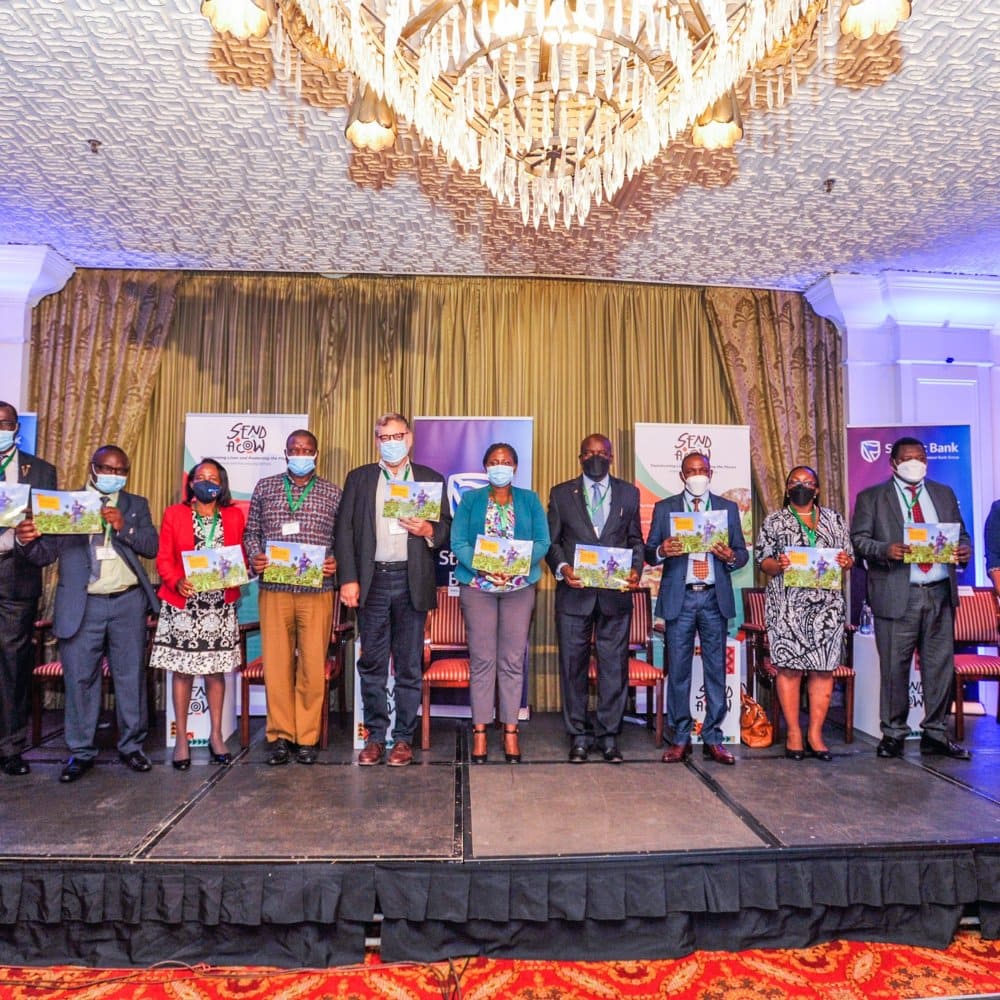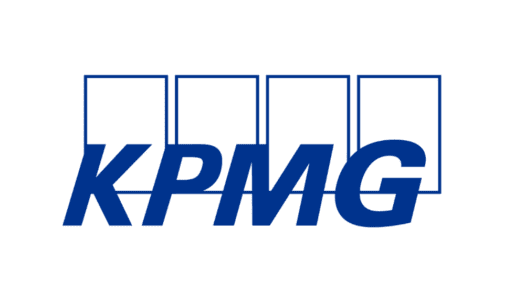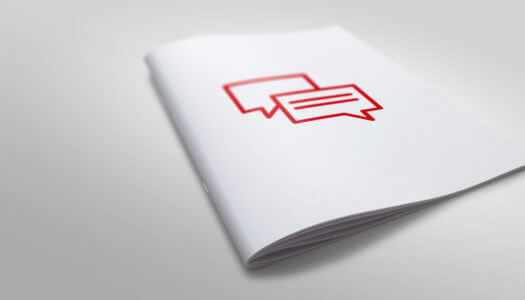As a new year begins and the world continues to face an unprecedented health crisis, a charity which helps communities and vulnerable families secure their own futures from the land is continuing to make a positive impact.
Standard Bank is a major long-term supporter of international development charity, Send a Cow (SAC), which is dedicated to improving the lives of family farmers in Africa. Despite the pandemic, it is still managing to play a pivotal role in ensuring families across Africa become self-sufficient, food secure and more resilient to climate shocks.
This was highlighted at a ‘Building Resilience’ event organised by the charity which marked the launch of the Resilient Kenya Impact Report, demonstrating the positive affect Send a Cow’s work, backed by Standard Bank, has on a personal level for many families.
Delegates at the event included representatives from the Stanbic Kenya Foundation, a corporate partner of the Bank, the United Nations Environment Programme, United Nations Development Programme, NGO Coordination board and the Kenyan Ministry of Agriculture, discussing how economic, social and environmental resilience can be developed with smallholder farmers in Kenya.
The funds that Standard Bank raises provide essential farm and livestock training, improved access to soap and safe water and support to families in rural Africa all year round – a need heightened throughout the coronavirus crisis.
Jennie Bronte-Hearne, Programme Lead, Social, Economic and Environmental initiatives for Standard Bank Offshore Group, has been among colleagues who have travelled to Africa to witness the scheme first-hand.
She explained: ‘Over the past few years, the work carried out through this initiative has helped dramatically improve people’s nutrition, food and financial security, social inclusion and sense of hope and satisfaction.
‘During that time, Send a Cow’s Peer Farmer networks and Community Health Volunteers have worked alongside farming communities to build social, economic and environmental resilience in the face of huge challenges such as COVID-19 and climate change.
‘Some of my colleagues and I have witnessed first-hand just how important the work of Send a Cow is to reducing hunger in rural Africa and, following a trip to Uganda, we left knowing that, with the support of Send a Cow, where there is land, there is hope.
‘Whether it is through improved nutrition, health care, income or use of natural resources, communities are generally stronger, more confident and more resilient than before the programme started. The sincere, supportive and transparent relationships which have been developed are invaluable.
‘Standard Bank is proud to be a long-term strategic partner of Send a Cow and we look forward to continuing our sponsorship of its projects and sustainable programmes in the years to come.’
The statistics are encouraging, the event was told. Over the past three years, Send a Cow’s work in communities in Western Kenya has led to up to 93 per cent of households being able to access safe water.
Access to primary health care has improved with a number of communities reporting access to health services as “moderately” to “much improved”. Safely sourced and treated drinking water and access to hygienic toilets are critical for good health which is achieved through the rehabilitation and protection of local springs and training on rainwater harvesting (rainwater is the major source of drinking water for many households).
It has also seen household dietary diversity more than double in some communities. Almost all households reached (around 98 per cent) attribute this growing diversity to increases in their own-food production, which itself has been accelerated by Send a Cow-supported access to specialised training, farm inputs and the adoption of farming system technologies.
Titus Sagala, Country Director of Send a Cow Kenya, added: ‘Send a Cow Kenya is very grateful for the support provided to enable this hugely successful hybrid-event. The interactive panel discussion showcased how the public, private and civil sectors can all contribute to building resilient communities. The launched report highlights the impact of Send a Cow’s programmes in Kenya, and we hope to secure further resources that will enable us to extend our reach in order for more people and communities to be resilient. We look forward to continued and enhanced support from the Bank.’
The impact of Send a Cow’s work has been impressive elsewhere too. In Rwanda, after one year of working with the charity, the number of households with adequate water and sanitation rose from 23 per cent to 76.8 per cent.
In addition, after working with the charity, 97 per cent of people believe they can provide enough food and income for their families from their farms.
In all countries where it operates, Send a Cow is supplying hand sanitiser, water storage buckets and hand-washing facilities at key sites. Mobile phone packages have also been provided to allow community and group leaders to keep in contact and share the latest public health information.
To hear the latest about its work, follow Send a Cow on social media.
Individuals and companies can find out how to support the charity via: https://sendacow.org/get-involved/





